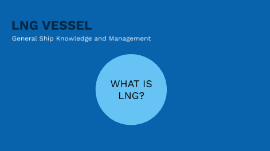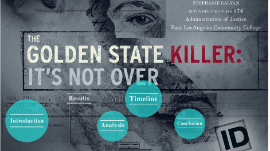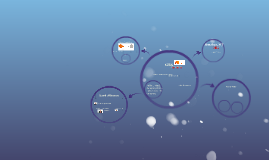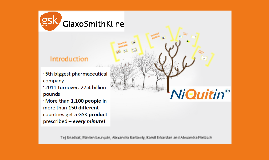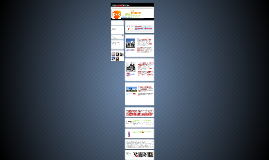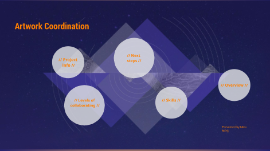GSK
Transcript: - Wellcome isolated Digoxin from the foxglove plant in 1930 for the treatment of heart failure. The company then went on to cultivate fields of foxgloves close to their factory at Dartford - Glaxo produced over 80 per cent of all penicillin doses in the UK field and base hospitals during WWII. - Five people who worked for the companies that now make up GSK were awarded Nobel prizes. Sir Henry Dale (1936 winner) – for showing the role of acetylcholine in neural transmission; Sir John Vane (1982) for work on understanding the mechanism of aspirin on prostaglandins; and a joint award to Dr George Hitchings, Dr Gertrude Elion and Sir James Black (all 1988), for their discoveries of important principles for drug selection that later led to the discovery of a host of new medicines. GSK also has links to a sixth Nobel Laureate Emil von Behring, who was recognised in 1901 for developing the diphtheria vaccine, who used his prize money to found what is now GSK’s Marburg vaccines site in Germany. like comment share GlaxoSmithKline! Finally!!!! Key people In 1843 Thomas Beecham launched his Beecham's Pills laxative in England, giving birth to the Beecham Group. Beecham opened its first factory in St Helens, Lancashire, England, for rapid production of medicines in 1859. By the 1960s Beecham was extensively involved in pharmaceuticals.In 1830 John K. Smith opened its first pharmacy in Philadelphia. In 1865 Mahlon Kline joined the business, which 10 years later became Smith, Kline & Co. SmithKline & French merged with Beckman Inc. in 1982 and changed its name to SmithKline Beckman. In 1988 it bought its biggest competitor, International Clinical Laboratories, and in 1989 merged with Beecham to form SmithKline Beecham plc. Pharmaceutical Biotechnology Consumer goods Brentford, United Kingdom like comment share Stiefel Laboratories (global dermatological pharmaceutical company) Sir Philip Hampton (Chairman) Andrew Witty (CEO) GSK Medical & Health Glaxo Wellcome like comment share Photos Other trivias GSK House, Brentford, London The historic Glaxo factory in Bunnythorpe, New Zealand, with the Glaxo Laboratories sign still visible Glaxo was founded in the 1850s as a general trading company in Bunnythorpe, New Zealand, by a Londoner, Joseph Nathan. In 1904 it began producing dried-milk baby food, first known as Defiance, then as Glaxo, under the slogan "Glaxo builds bonny babies".The company bought two companies, Joseph Nathan and Allen & Hanburys in 1947 and 1958 respectively. After the company bought Meyer Laboratories in 1978, it began to play an important role in the US market. Burroughs Wellcome & Company was founded in 1880 in London by the American pharmacists Henry Wellcome and Silas Burroughs. Glaxo and Burroughs Wellcome merged in 1995 to form Glaxo Wellcome. By 1999 Glaxo Wellcome had become the world's third-largest pharmaceutical company by revenues (behind Novartis and Merck), with a global market share of around 4 per cent. GSK was the first to create a vaccine against malaria Products Glaxo’s first pharmaceutical product was the vitamin D preparation, Ostelin, in 1924. On July 24, 2015, the world’s first malaria vaccine has been given the green light by European regulators and could protect millions of children in sub-Saharan Africa from the life-threatening disease. It has taken 30 years to develop vaccine, at a cost of more than $565m (£364m) to date or 25,797,217,499.69 pesos GlaxoSmithKline started operations on 1 January 2001 following the merger of GlaxoWellcome plc and SmithKline Beecham plc, but our combined histories go back much further than that. SmithKline Beecham Beecham's Clock Tower, constructed 1877, part of the Beecham's factory, St Helens MEMBERS: - Castro, Anna - Combate, Karl Vaoughn - Dela Cruz, Maui - Nuestro, John Edward like comment share Headquarters: Shared a Link Shared a Photo Trivia #ThrowbackTuesday Glaxo Wellcome and SmithKline Beecham announced their intention to merge in January 2000. The merger was completed in December that year, forming GlaxoSmithKline (GSK). The company's global headquarters are at GSK House, Brentford, London, officially opened in 2002 by then-Prime Minister Tony Blair. Andrew Witty took over as CEO in May 2008. Witty joined Glaxo in 1985, and had been president of GSK's Pharmaceuticals Europe since 2003. like comment share Shared a Photo Shared a Photo Thank you!!!! like comment share like comment share Trivia GSK manufactures products for major disease areas such as asthma, cancer, infections, diabetes and mental health. Its biggest-selling in 2013 were Advair, Avodart, Flovent, Augmentin, Lovaza, and Lamictal; its drugs and vaccines earned £21.3 billion that year. Other top-selling products include its asthma/COPD inhalers Advair, Ventolin, and Flovent; its diphtheria/tetanus/pertussis vaccine Infanrix and its hepatitis B vaccine; the antihyperlipedemia drug Lovaza; and the antibacterial Augmentin. Medicines historically discovered or developed at GSK






